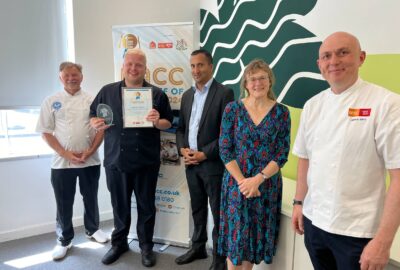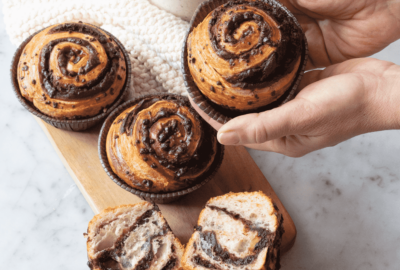Hydration for elderly residents in care homes is critical, especially during the summer months. According to the British Nutrition Foundation, even mild dehydration can adversely affect mental functions such as memory or concentration and can also increase feelings of tiredness. Although these symptoms can affect us all, with elderly residents, staying hydrated also helps to prevent falls by reducing dizziness and confusion. “It helps regulate body temperature and keeps joints lubricated and kidneys working.” Says Helen Core, National Wellbeing Manager, Anchor care home.
On average, a resident should be drinking two litres of fluid a day, “although this varies from person to person depending on the foods they eat, medication, activity levels and hot weather,” adds Helen.
Making drinks easily accessible is the first step to ensuring residents are well hydrated. At Primrose Bank Care Home, snack and hydration centres on each floor are available 24 hours a day. “This enables residents to help themselves to fruit juice, flavoured waters and ‘hydrating’ snacks such as jelly and custard pots,” says Aaron Watson, NACC Chef of the Year 2021 and Head Chef. “Drinks trolleys are on the go providing hot and cold drinks. As part of the residents’ evening meal, we always serve a soup as the first course as this is a great way for them to consume extra fluids.”
Residents at Primrose Bank Care Home have their fluid intake monitored using the CareDocs App. “We record the amount when we clear the cups,” says Aaron. “Each resident has different needs, so if one resident is forgetful a member of staff will keep encouraging them to have a drink.”
Adding ice cubes in drinks can help to increase fluid content, as well as serving drinks that residents enjoy. Helen Core from Anchor suggests getting residents involved in preparing and choosing drinks and making them colourful and attractive. “We hold afternoon teas and mocktail events at our 114 care homes designed to encourage residents to drink more liquids.” She says.
The new Hydration Guide from Care UK recommends noting whether a resident has a favourite cup or glass so you can use it as often as possible. This personal approach can encourage residents to drink more because it generates a connection to a favourite memory or emotion. For residents experiencing difficulties when drinking, there are a variety of adapted cups and straws available. Nick Dutton, Deputy Chair, NACC, says “There are some great technological advancements such as talking cups. Whatever you choose, a person-centred approach is essential to make sure the right equipment is selected for each resident.”
Serving foods with a high water content can help residents stay hydrated, especially in the summer. Nick suggests salads with cucumber and courgettes, fruit salads, melon platters, fruit kebabs, ice lollies and jellies. He also recommends holding regular education sessions for staff and residents on the benefits of staying hydrated and how to spot the signs of dehydration. “It’s equally important to make sure staff keep well hydrated throughout their shifts especially in fast-paced care homes.” Notes Nick.


